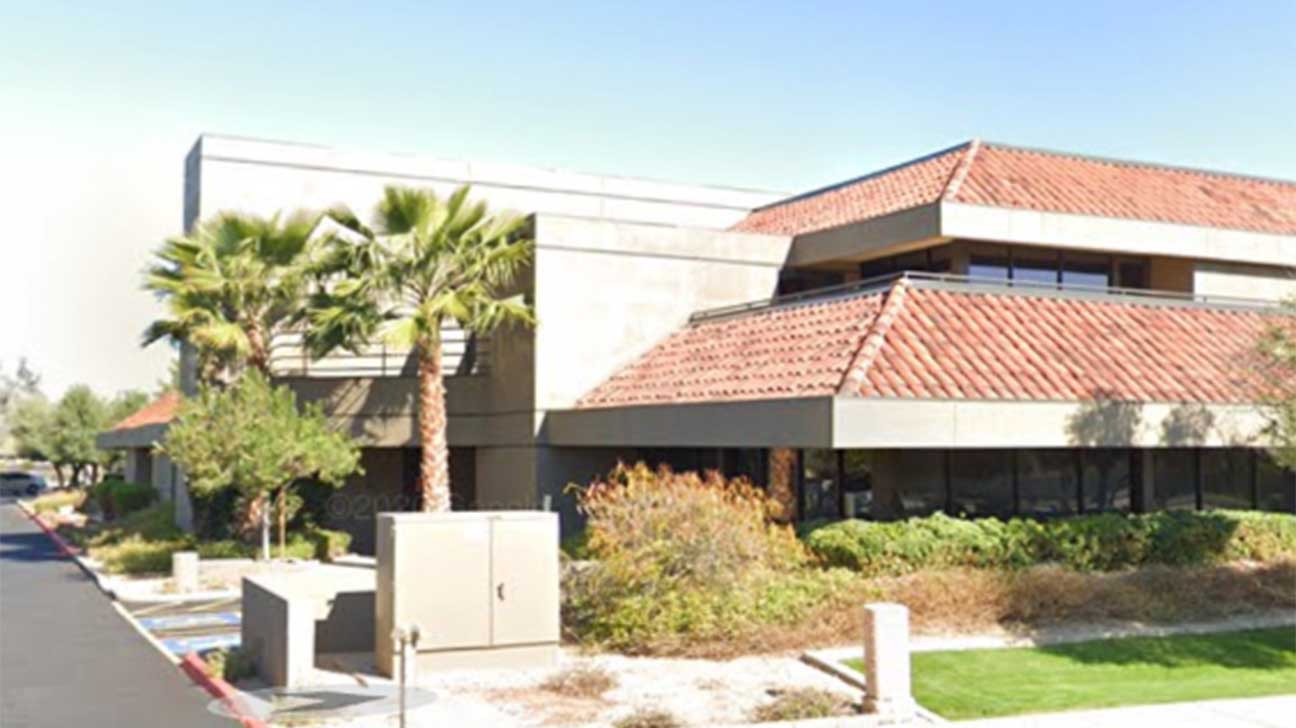How Arizona Drug Treatment Centers Support Family Involvement in Recovery
Recovery is not only about overcoming addiction but also about repairing relationships and building healthier routines.

Recovery from addiction rarely happens in isolation. It affects not only the person struggling with substance use but also their family. Support from loved ones can strengthen motivation, improve long-term outcomes, and create a stable environment after treatment. That is why many Arizona Drug Treatment Center programs actively encourage families to participate in the recovery process. From counseling sessions to educational workshops, these centers recognize that recovery is more effective when families are informed and involved. This article explains how treatment programs in Arizona promote family participation and why it makes such a difference in lasting recovery.
Why Family Involvement Matters
Strong family support can provide stability during and after treatment.
- It enhances emotional well-being for individuals in recovery.
- Families learn healthier ways to communicate and set boundaries.
- Involvement reduces relapse risk by reinforcing accountability at home.
A well-structured program ensures that everyone learns how to handle the changes recovery brings.
Family Programs in Treatment Centers
Most centers design specific services for families to engage meaningfully in the process.
Counseling and Therapy Sessions
A typical Arizona Drug Treatment Center offers family therapy where trained counselors address conflicts, rebuild trust, and teach coping skills.
Education and Workshops
Families learn about addiction, triggers, and relapse prevention. This knowledge helps them provide the right kind of support.
Virtual and Flexible Options
Some centers provide online sessions for relatives who cannot attend in person, ensuring that distance does not prevent involvement.
Overcoming Common Challenges
Family participation can face barriers such as stigma or unresolved conflicts.
- Centers often include mediation sessions to resolve long-standing issues.
- Financial aid and insurance support make family programs accessible.
- Education helps reduce shame and replaces judgment with empathy.
By addressing these issues, treatment programs ensure families feel supported rather than excluded.
Examples of Supportive Approaches
Programs across Arizona emphasize inclusion at every stage.
- Sierra Tucson offers virtual family programs that focus on communication and boundary setting.
- Other centers arrange aftercare planning sessions where families learn how to maintain a supportive home environment.
- Facilities often connect families to peer support groups, extending guidance beyond treatment walls.
These efforts underscore the importance of structured involvement in creating a more stable path toward recovery.
Takeaways for Families
When considering an Arizona Drug Treatment Center, families should ask about:
- Availability of family counseling.
- Flexibility in scheduling or remote participation.
- Aftercare plans that involve loved ones.
Such questions help ensure families remain active partners throughout the recovery process.
Conclusion
Recovery is not only about overcoming addiction but also about repairing relationships and building healthier routines. An Arizona Drug Treatment Center that integrates families into treatment creates a stronger foundation for lasting sobriety. Loved ones provide emotional stability, practical support, and accountability that individuals need during recovery. By attending therapy, learning about addiction, and staying engaged, families can transform themselves into active allies. Treatment centers in Arizona recognize this truth and continue to design programs that keep families closely involved. When families and professionals work together, recovery becomes more than possible. It becomes sustainable.



